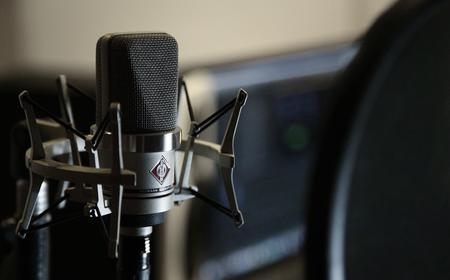Stress is an inevitable part of modern life. With busy schedules and constant demands, finding effective ways to manage stress is essential. Simple exercises can be integrated into daily routines to help alleviate stress and promote relaxation. This article explores various exercises that can easily fit into busy lives.
Understanding the Impact of Stress
stress management techniques affects both mental and physical health. It can lead to anxiety, fatigue, and various health issues. Recognizing the signs of stress is crucial for effective management. By incorporating simple exercises into your routine, you can reduce stress levels and improve your overall well-being.
Walking for Stress Relief
Walking is one of the simplest and most effective exercises for managing stress. It requires no special equipment and can be done anywhere. A brisk walk, even for just 10 minutes, can boost your mood and clear your mind. Try to incorporate walking into your daily routine, such as during lunch breaks or after work.

Stretching Exercises
Stretching is a great way to relieve tension in the body. Simple stretches can be done at your desk or home. Focus on areas where you hold stress, such as the neck, shoulders, and back. Stretching for just a few minutes can help improve circulation and promote relaxation.
Deep Breathing Techniques
Deep breathing exercises are effective for calming the mind and body. Take a moment to breathe deeply, inhaling through your nose and exhaling through your mouth. This technique helps reduce anxiety and promotes a sense of calm. Practice deep breathing for a few minutes whenever you feel stressed.
Yoga for Stress Management
Yoga combines physical movement with mindfulness, making it an excellent stress management technique. Even a short yoga session can help reduce stress levels. Look for online videos or apps that offer quick yoga routines suitable for beginners. Practicing yoga regularly can improve flexibility and promote relaxation.
Progressive Muscle Relaxation
Progressive muscle relaxation is a technique that involves tensing and relaxing different muscle groups. Start from your toes and work your way up to your head. Tense each muscle group for a few seconds, then release. This exercise helps reduce physical tension and promotes relaxation throughout the body.
Mindfulness Meditation
Mindfulness meditation is a powerful tool for managing stress. It involves focusing on the present moment and observing thoughts without judgment. Even a few minutes of mindfulness practice can help reduce stress and improve mental clarity. Find a quiet space and focus on your breath to get started.
Tai Chi for Relaxation
Tai Chi is a gentle form of exercise that combines movement and meditation. It is particularly effective for reducing stress and improving overall well-being. Look for local classes or online tutorials to learn the basics. Practicing Tai Chi can help you feel more centered and relaxed.
Incorporating Exercise into Daily Life
Finding time for exercise can be challenging in a busy schedule. However, small changes can make a big difference. Take the stairs instead of the elevator, or park further away from your destination. Look for opportunities to move throughout the day, even if it’s just for a few minutes.
Dance as a Stress Reliever
Dancing is a fun way to relieve stress and boost your mood. You don’t need to be a professional dancer to enjoy the benefits. Put on your favorite music and dance around your living room. This joyful activity can help release endorphins and improve your overall sense of well-being.
Gardening for Mental Health
Gardening is a therapeutic activity that can help reduce stress. Spending time outdoors and nurturing plants can provide a sense of accomplishment and relaxation. Even if you have limited space, consider starting a small indoor garden or caring for houseplants.

Journaling for Stress Relief
Writing can be a powerful way to manage stress. Keeping a journal allows you to express your thoughts and feelings. Set aside a few minutes each day to write about your experiences, challenges, and what you are grateful for. This practice can help you gain perspective and reduce stress.
Setting Realistic Goals
Setting realistic goals is essential for managing stress. Break larger tasks into smaller, manageable steps. This approach can help prevent feelings of overwhelm. Celebrate small achievements along the way to maintain motivation and reduce stress.
Conclusion
Incorporating simple exercises into your daily routine can significantly reduce stress levels. Whether it’s walking, stretching, or practicing mindfulness, these techniques are easy to implement in busy lives. Prioritizing self-care through exercise can lead to improved mental and physical health. Start small and gradually build these practices into your routine for lasting benefits


